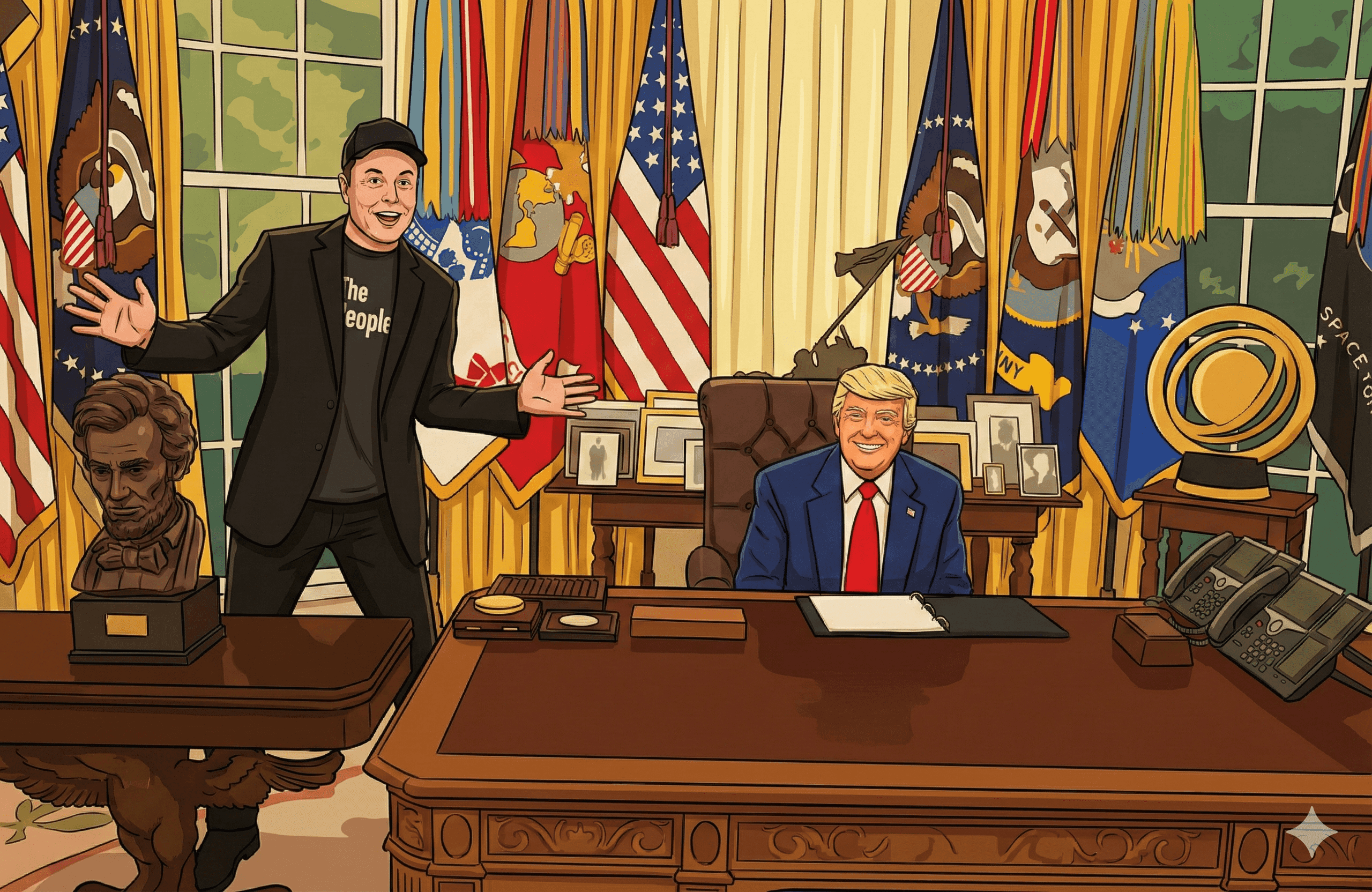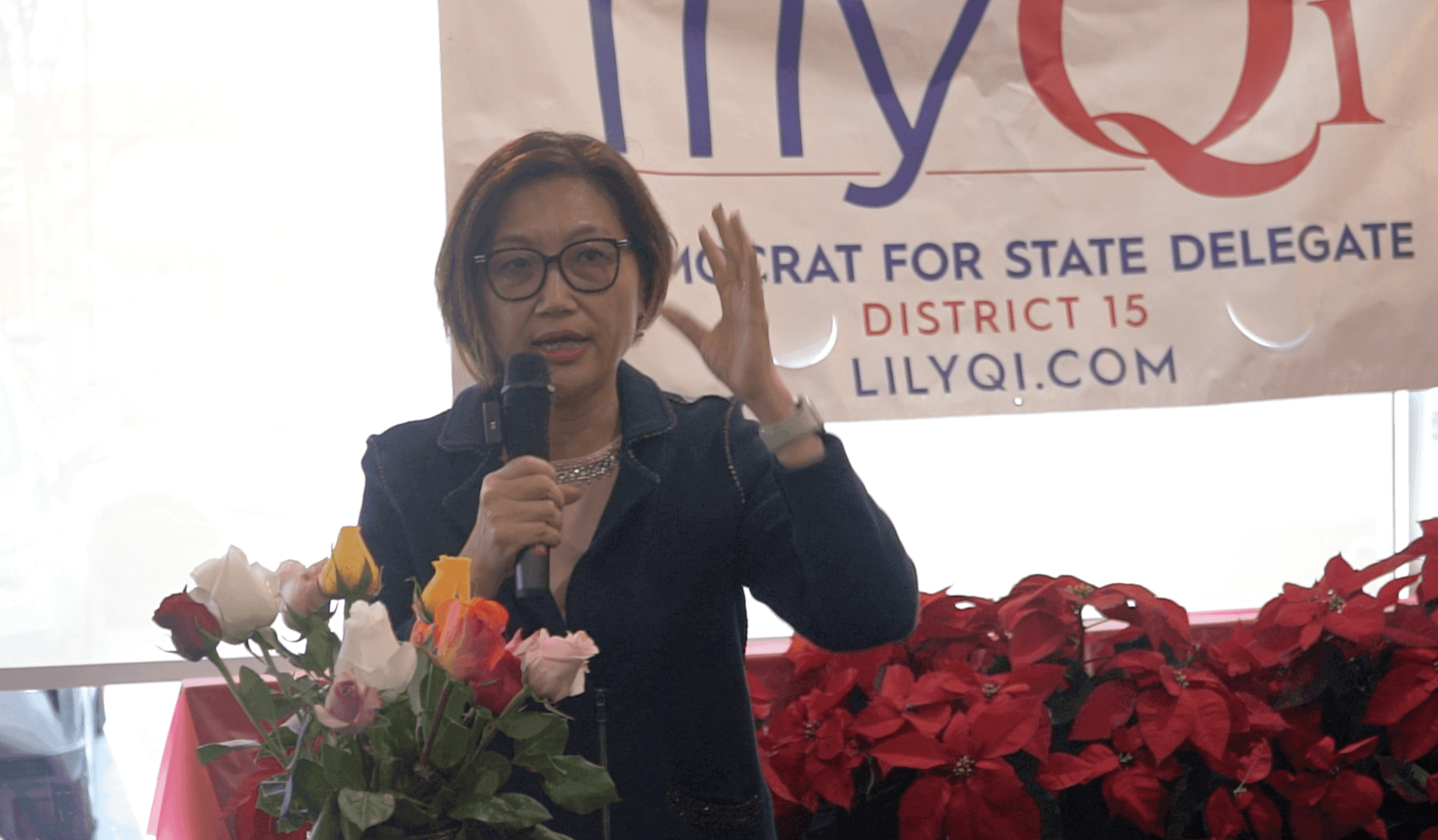Opinion | Talent-Driven Immigration Policy: More Crucial Than Border Walls

Yuan Media’s Op-ed
By Stephany Yu
Immigration policy is a crucial issue in this election cycle. Many discussions focus on the border crisis and how to address illegal immigration. However, I believe the key aspects of the immigration issue extend far beyond this interpretation.
In my opinion, U.S. immigration policy should be viewed in the context of global competitiveness, rather than centering on humanitarian aid for illegal immigrants or refugees. The core of U.S. immigration policy should focus on attracting outstanding talents, particularly highly creative young individuals, to the United States. The U.S. offers these talents rich opportunities and a supportive, democratic environment where they can thrive. Their contributions can, in turn, drive U.S. development and strengthen America’s competitive advantage on a global scale.
To achieve this goal, an adjusted immigration policy should prioritize attracting young talent from around the world. These young, talented immigrants can effectively alleviate the burden of an aging society and inspire the indomitable spirit of Americans through a catfish effect.
After Republican presidential candidate Donald Trump announced JD Vance as his running mate, Rust Belt hillbillies, long overlooked by the mainstream, received significant attention. To garner votes, the GOP is intentionally linking the decline of the Rust Belt to immigration policies.
However, is the downfall of Midwest Appalachians truly a direct result of immigration? I believe it is not.
Many of them have become complacent, failing to adapt to the rapid changes of the era, and as a result, they are being left behind. The external pressure is minor compared to their internal struggles. The GOP’s misguided claims deeply undermine immigrant communities, such as Asian Americans and Pacific Islanders, to which I belong.
Anti-immigrant sentiment has surged multiple times in U.S. history. As immigration from Europe peaked in the late 19th century, Italians were blamed for taking American jobs. During World War II, Japanese immigrants were accused of espionage and even sent to internment camps. Whenever the U.S. faced economic depressions or wars, immigrants came under attack. The AAPI community is not the only group to have been victimized.
The most extreme example is the Chinese Exclusion Act, passed by Congress in 1882. For the first time, federal law prohibited the entry of an ethnic working group on the premise that it endangered the good order of certain localities. The negative influence of the Chinese Exclusion Act lasted for over a century. It wasn’t until 2011, 129 years later, that the Senate formally expressed regret for passing this discriminatory law. Unfortunately, its impact is still evident in some aspects today, with the China Initiative being one of the most recent instances. In this context, we, the AAPI, are particularly vigilant about any similar rhetoric to prevent a repeat of the historic tragedies our ethnic groups have faced.
The U.S. has been shaped by immigrants since its founding. Over the past 250 years, people from diverse cultural backgrounds have immigrated to the New World, bringing their unique strengths and traditions. While preserving their cultural diversity, naturalized immigrants share a common value: the core principles of the United States Constitution.
Many, especially young and talented individuals, left their comfortable lives in their home countries and worked extremely hard thousands of miles away in a new environment. They sought not only better lives for their families but also ideals such as liberty, equality, and democracy. These ideals might be lacking in their home countries, which is why these immigrants are particularly grateful for the freedom they enjoy in the U.S. They are more than willing to contribute to establishing a more perfect union through their hard work.
For immigrants who have been naturalized through legal procedures, the most essential aspect of their citizenship is not just their legal status but their alignment with American values and assumptions. Their hard work and gratitude are core elements of the American values we cherish. Immigrants don’t dilute American values; on the contrary, they enhance them.
Everyone is created equal, regardless of race, skin color, or the order of arrival in the U.S. No one is inherently special or entitled. Everything we possess should come from our own efforts, and we should be grateful to God for it. Nothing should be taken for granted. Workers in the Rust Belt, as well as in other parts of the U.S., even if they don't compete with immigrants, have to compete with workers in global markets. This is an inevitable result of globalization, a process that will continue regardless of how high border walls are built.
Meanwhile, we AAPI, although still a small portion of the U.S. population, have contributed significantly to the nation's wealth and have substantially advanced the development of STEM and many other fields in the U.S. As we've gradually put down roots, especially as second and third generations have received a more comprehensive civic education, AAPI have even begun entering the political arena and contributing to the enhancement of democracy in the U.S.
In light of these circumstances, if the next administration implements a sweeping immigration policy that blocks prospective Asian immigrants capable of making exceptional contributions to the U.S., while simultaneously scapegoating long-naturalized AAPI citizens, it will ultimately undermine America's competitiveness in the global market.
--------
Stephany Yu is the Founder and General Partner of Sunwater Capital, an investment firm focused on real estate, healthcare, and data in the US and overseas. Yu is passionate about entrepreneurship, innovation, and social impact. She is the Founder and Chairwoman of Yuan Foundation, a non-profit organization that supports education, culture, and community development for the Asian American and Pacific Islander (AAPI) community. She is also the Chairwoman of the International Leadership Foundation Entrepreneurship & Innovation Committee, which fosters leadership and entrepreneurship among young AAPI professionals. Yu holds a Master's and a Bachelor's Degree in Economics from Fudan University.

 Stephany Yu
Stephany Yu



